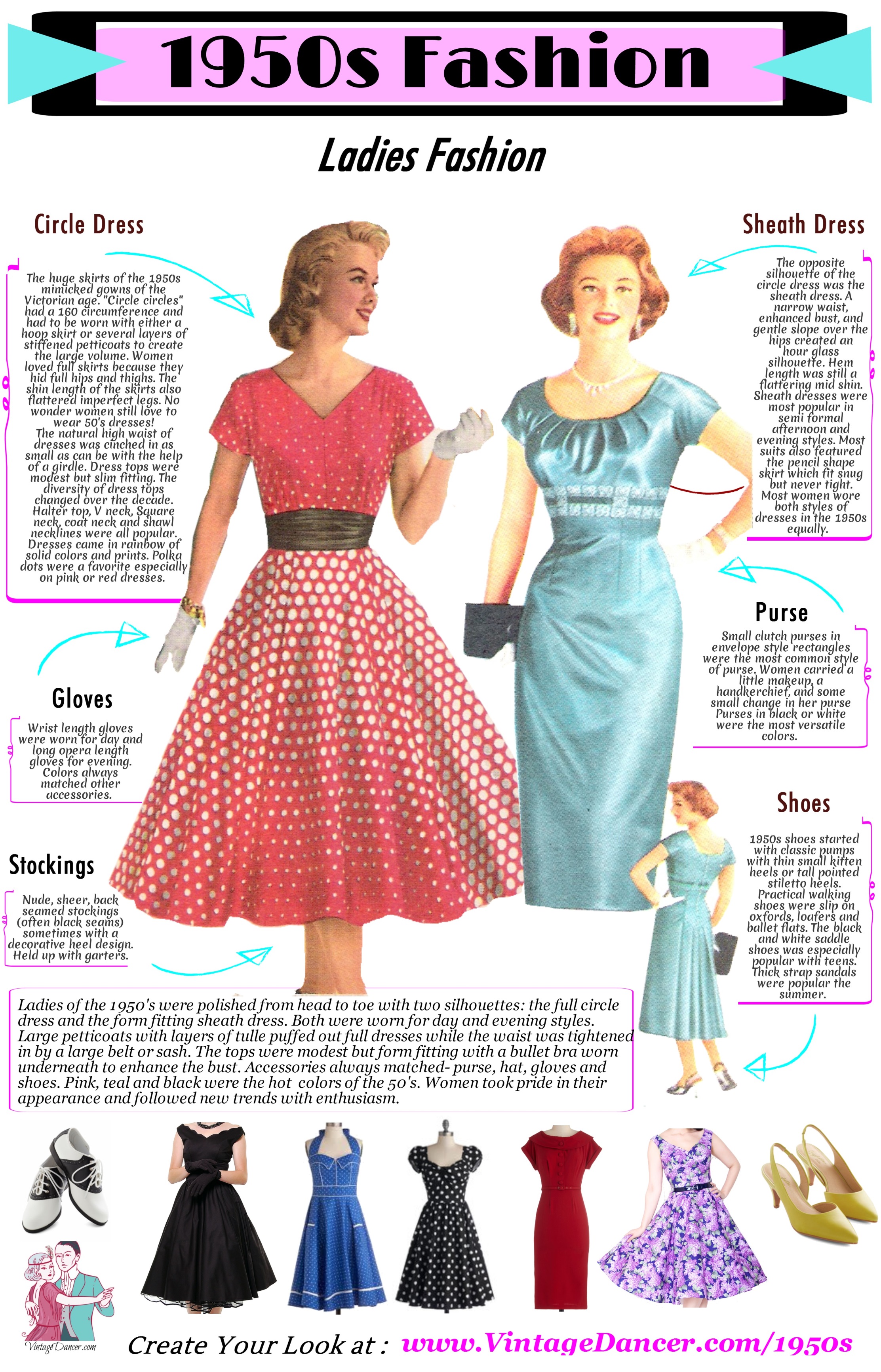Beyond the Poodle Skirt: Deconstructing Women's Outfits in the 1950s
We’ve all seen the caricature, haven’t we? The cinched waist, the full skirt, a string of pearls, and a perfectly coifed updo. The 1950s woman, frozen in a pose of aspirational domesticity. But behind the image of unwavering cheerfulness and seemingly effortless style lies a more complex story - one that speaks to cultural shifts, burgeoning anxieties, and yes, a fair share of fabulous fashion.
To truly understand the allure and impact of women’s outfits in the 1950s is to journey beyond the surface. It's to delve into a world where Dior’s “New Look” reintroduced a post-war femininity, where teenagers in poodle skirts rebelled against their parents’ generation, and where the seeds of second-wave feminism were quietly being sown, often hidden beneath layers of petticoats.
The 1950s marked a period of significant change for women. After the hardships and wartime practicality of the 1940s, the return to normalcy brought with it a renewed focus on femininity and domesticity. Fashion, naturally, reflected this shift. The hourglass silhouette, epitomized by Christian Dior’s 1947 “New Look,” became the defining shape of the decade. This emphasis on a cinched waist and full skirt wasn’t just about aesthetics; it was about reclaiming a sense of femininity and glamour that had been largely absent during the war years.
But within this seemingly homogenous embrace of femininity, there were subversions and contradictions. The emergence of youth culture brought with it new fashion trends, often seen as rebellious or even scandalous by the older generation. The poodle skirt, a symbol of teenage rebellion and nascent rock and roll culture, defied the prim and proper image often associated with 1950s women’s fashion. Similarly, the emergence of the “beatnik” subculture embraced a more androgynous look, with women opting for black turtlenecks and cigarette pants over the more feminine styles of the mainstream.
While the restrictive nature of some 1950s fashion trends, particularly the emphasis on an impossibly small waist, might seem antithetical to modern sensibilities, it’s crucial to view these styles within their historical context. The 1950s was a period of immense social and political change, and women’s roles were rapidly evolving. Fashion, in many ways, reflected this tension between tradition and modernity, conformity and rebellion.
Advantages and Disadvantages of Embracing 1950s Fashion Today
| Advantages | Disadvantages |
|---|---|
| Timeless elegance and femininity | Potential discomfort and impracticality for modern lifestyles |
| Versatility in styling and adapting to modern trends | Limited body inclusivity and potential to reinforce outdated beauty standards |
| Evokes a sense of nostalgia and vintage glamour | Can be perceived as costumey or lacking in originality if not styled thoughtfully |
While perfectly replicating the past isn't the goal, borrowing elements from 1950s fashion can add a unique touch to a modern wardrobe. Think about incorporating high-waisted pants, A-line skirts, or even a touch of cat-eye liner into your everyday look. The key is to take inspiration from the past while adding your own modern twist. After all, the most stylish women are the ones who dress for themselves, regardless of the decade.
Decoding the electrical outlet understanding its symbol and significance
Discover collins family farms cobbtown gas agricultural gem
Bing ai image creator reddit a deep dive














